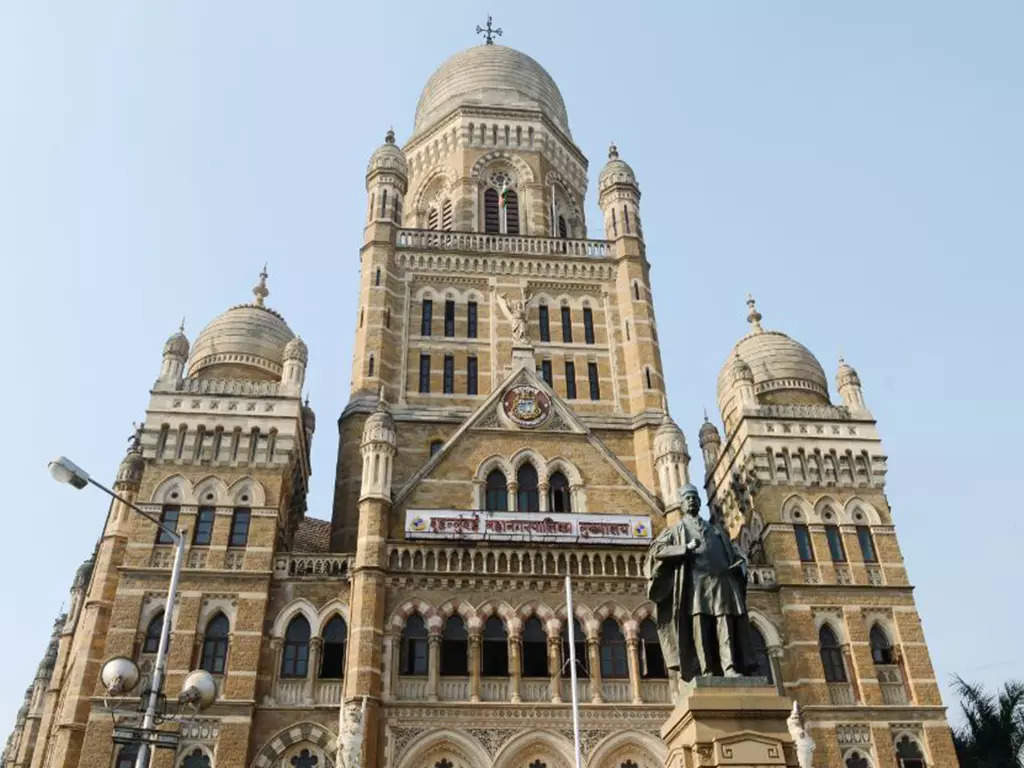
MUMBAI: In 2018, Bombay high court had, on grounds of “delay and laches”, rejected pleas from several builders for compensation from the BMC in lieu of land surrendered for public amenities like roads.
The high court was not right in dismissing the writ petitions on the grounds of delay and laches, held the SC bench of Justices B V Nagarathna and N K Singh, invoking principles laid down by the apex court in its 2009 decision involving Godrej & Boyce and the state scheme of land acquisition and regulations that control development.
The SC allowed over half a dozen appeals filed by Kukreja Constructions and others against a portion of the high court order of Dec 18, 2018, and directed the BMC to consider their case and release to them expeditiously, and latest in three months, the additional buildable space and TDR. In one case alone, the TDR to be handed over to a builder is over 6,000 sq m.
The SC verdict will require the BMC to extend transferable development rights (TDR) worth Rs 500 crore cumulatively at a conservative estimate, said lawyers.
The BMC had filed three appeals against a part of the 2018 high court judgment that had directed it to pay compensation ranging from 75% to 100% additional TDR to several landowners and builders Apurva Natwar Parikh and Co as losers of land who applied soon enough. The SC found no merit in the BMC appeals and, dismissing these, held the high court decision by a bench of then Justice Abhay Oka and Riyaz Chagla to be “just and proper”.
Petitioners before the HC and SC included one of the largest landholders of the city, Byramjee Jeejeebhoy, an HUF, Jitendra Sheth, and others. Represented by leading law firms and top counsel, including Pravin Samdani, Amar Dave, Samit Shukla, Mahesh Agarwal and Shikhil Suri, the landowners’ plea was that they had laid the roads at their cost and surrendered the land to the BMC but received nothing in return, though entitled by law to receive from the state fair compensation, a vested and constitutional right guaranteed under Article 300-A.
They also argued that denial of compensation would amount to “usurping the citizens’ property” without authority of law and in breach of the constitutional rights. It was argued that regulations state that if a landowner also developed the amenity, he became eligible to receive additional compensatory TDR.
The state cited a Nov 2016 notification that had amended the law to deny such compensation. Samdani said an amendment cannot deprive the owner of his constitutionally guaranteed right to a payout for his land, especially when a prior law gave such entitlement.









